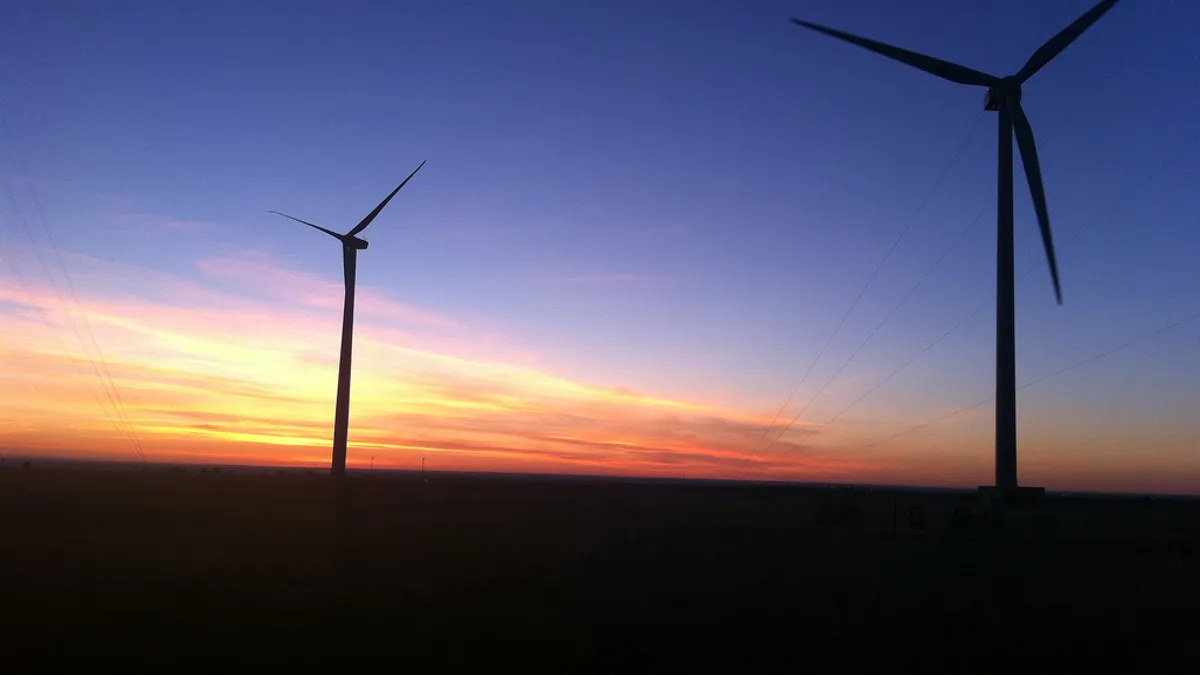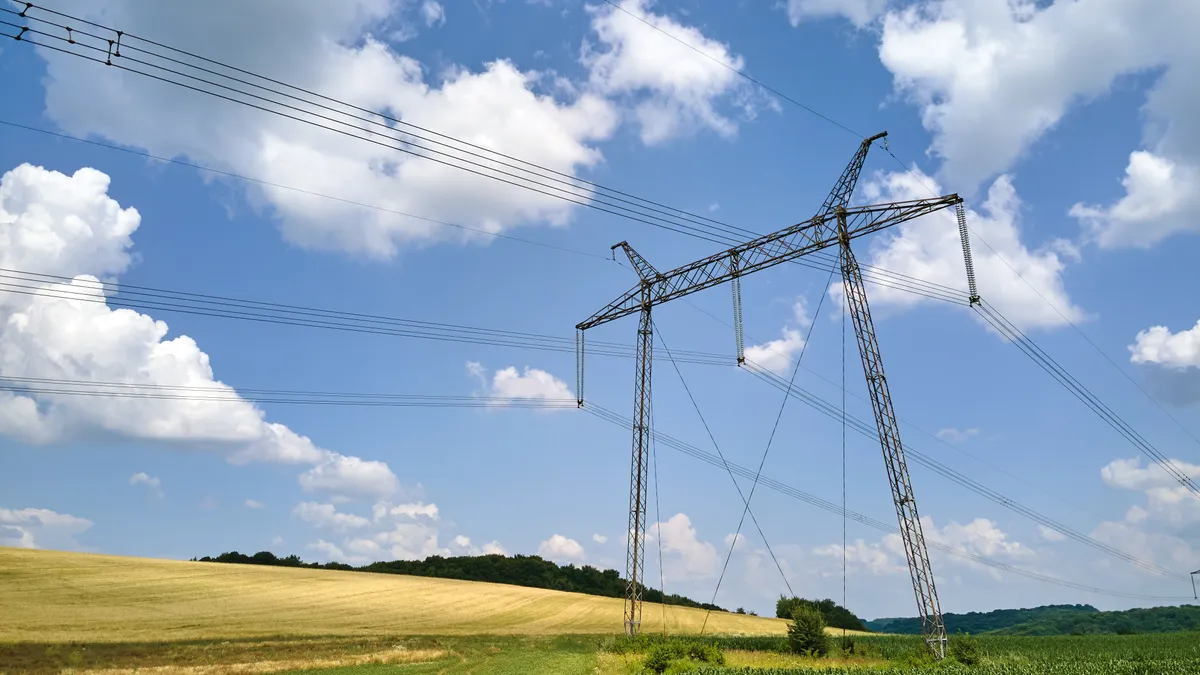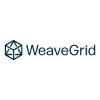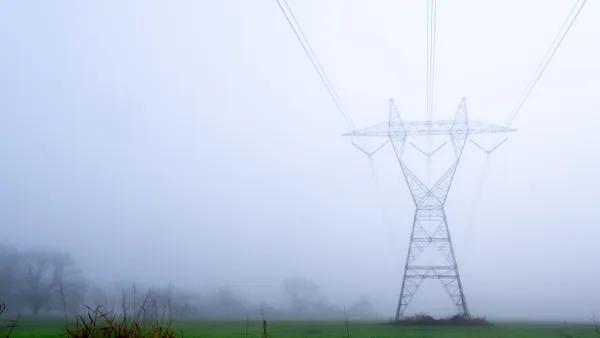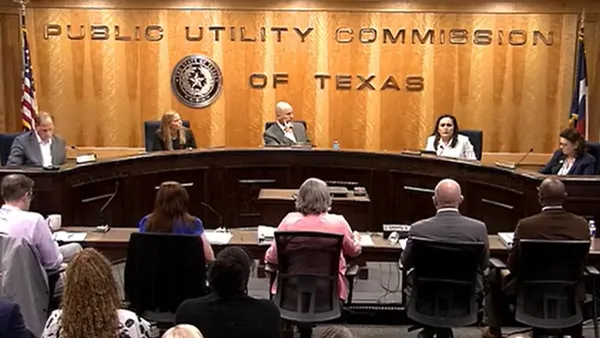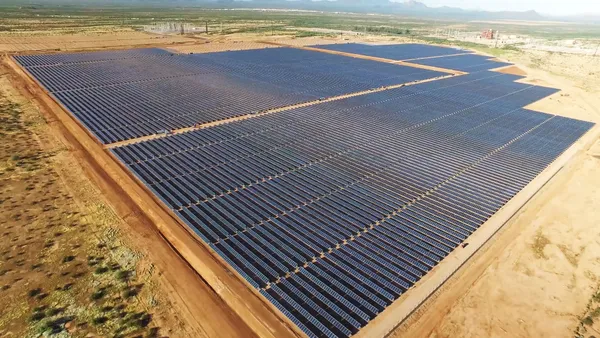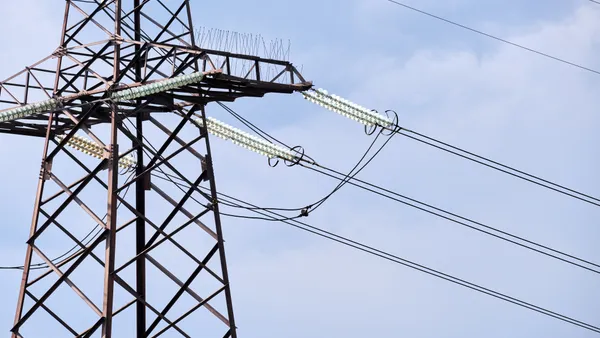Dive Brief:
- A coalition of nine grid operators has issued a report focused on emerging resources, ultimately concluding that reliability will hinge on how renewable generation is brought online and managed next to growing distributed resources.
- The nine non-profit Independent System Operators and Regional Transmission Organizations are known collectively as the ISO/RTO Council (IRC), and serve two-thirds of electricity consumers in the United States and more than half in Canada. Despite the difference in regional resources, they all agreed on the general principles for maintaining stability.
- Among the report's focuses is situation awareness: A grid with increasing amounts of behind-the-meter resources will be more difficult to predict and plan for, meaning ISOs and RTOs will require more and better data, the group concluded.
Dive Insight:
The resource variability across nine grids is extreme, but the basic ideas to keep them all running are the same, according to IRC.
“It can’t be overstated how remarkable it is that so diverse a group of organizations – serving in vastly different geographic regions and operating in varied regulatory and operational circumstances – overlap so much in their thinking on the role of emerging technologies in reliably and economically operating the North American bulk electricity system,” IRC Chair and President Nick Brown said in a statement. Brown is also President and CEO of Southwest Power Pool.
The group concluded that a reliable and efficient power grid depends on three factors: cohesive, innovative integration of renewables; greater situational awareness among grid operators, enabled by access to dependable data; and operators’ ability to control an electricity system that is becoming increasingly decentralized.
Among recommendations, IRC's report says the industry should avoid getting locked in to technologies early on, and "remain nimble" when it comes to bringing in new technologies. They also support discussions to achieve a "continent-wide consensus" of the extent to which renewable integration will be achieved through regional or interregional trade.
"In both cases, emerging technologies may be applied to the problem, but potentially in different contexts depending on the degree of interregional trade that occurs over the coming decades," the report said.
And the group said data should no longer be treated as the "constraining factor" with respect to situational awareness arrangements across the transmission/distribution interface.
"At a minimum, North American ISOs and RTOs should have access to basic static data series about DERs in their respective service territories," IRC said. That would include information on the location, size and technological capabilities of the resources.



